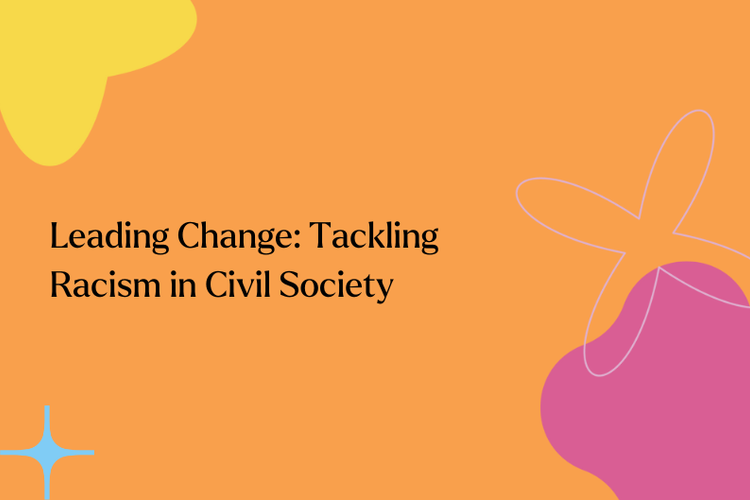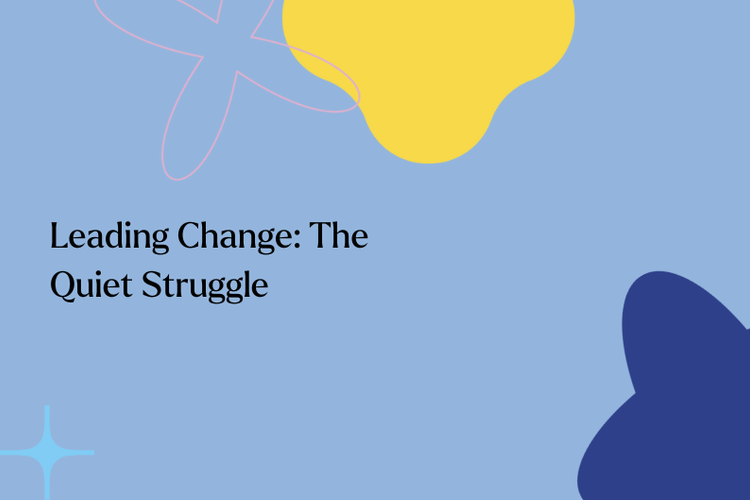
Shani Newbold on why we need civil society leaders more than ever. But are we giving them the tools to live up to the responsibility?
It’s fair to say that global stability is on a knife-edge. And this week in particular, citizens across the globe are feeling a familiar creeping sense of despondence. The outcome of the U.S. election – a President who is a convicted felon, an outspoken racist, and an accused rapist – has intensified that sense of despair and leaves marginalised communities feeling even more exposed.
With our faith in kindness and reason impossibly and relentlessly stretched, we all need someone to turn to who can offer hope and help pull us back from the brink. For many of us, our courageous, stoic civil society leaders are beacons of hope.
The complex challenges we face – be they economic, social, or geopolitical – require bold leadership. It takes such courage to speak out against injustice, especially as ideological rifts become deeper and dissenters are increasingly targeted by those who seek merely to inflame tensions or gain traction through fearmongering. Yet civil society leaders remain staunchly, proudly and bravely visible and vocal.
We increasingly expect them to move mountains. And for many it will feel like those mountains just got significantly taller, wider and more insurmountable.
So how are we supporting these leaders to do the impossible? What has happened in the U.S. will ripple across borders, affecting all eight billion of us in some way. And those who will feel the harshest impact are the marginalised and disadvantaged, whose daily challenges civil society leaders are tasked with addressing. These leaders are at the sharpest edge of society’s greatest obstacles, often with little support. Yet despite the immense expectations placed on them, investment in their leadership development and skills is rarely prioritised by funders or institutions. Instead of equipping civil society leaders with the resilience, strategic insight, and skills they need to thrive in such challenging conditions, their growth and development are too often treated as secondary concerns.
The recent roundtable discussion hosted by Culture Secretary Lisa Nandy, hailed by the Prime Minister as “a fundamental reset of the relationship between government and civil society,” is a promising start. However, will the investment in public services promised in the autumn budget be matched by meaningful investment in the people driving this change? If we expect civil society leaders to tackle society’s most difficult issues, we need to ensure they have the skills and resources to do so effectively.
We ensure our clients tap into the many benefits of an inclusive workplace culture, including higher levels of recruitment success, lower attrition rates and improved retention rates. Contact us to discuss how we can assist in your board recruitment efforts and build a leadership team – and workplace culture – that reflects the communities you serve: info@cadencepartners.co.uk.






















